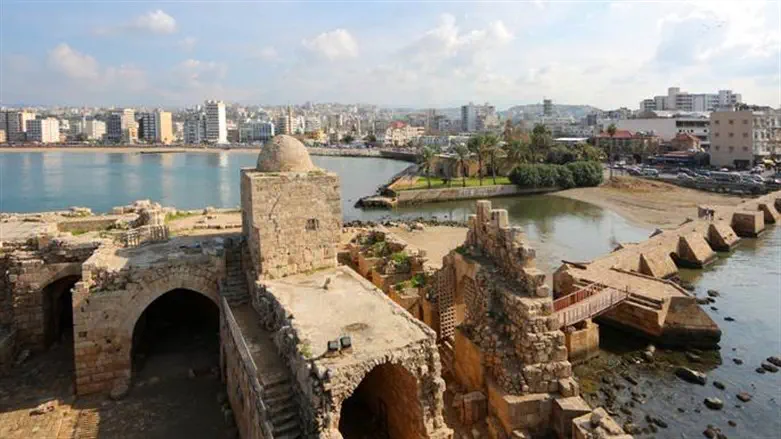
Amid heavy fighting between armed Palestinian factions in the Ein el-Hilweh "refugee" camp, several Arab countries have warned their citizens to avoid traveling to Lebanon or approaching areas where the clashes were taking place.
On Tuesday, the United Arab Emirates banned travel to Lebanon. “In order to preserve the safety of the country’s citizens, the Ministry of Foreign Affairs stresses the importance of adhering to the previously issued decision to ban UAE citizens from traveling to Lebanon,” UAE’s Ministry of Foreign Affairs announced on X, formerly known as Twitter, on Sunday.
The UAE joins several other countries that warned against travel to Lebanon or even banned it outright, including Qatar, Saudi Arabia, and the UK.
On Friday, Saudi Arabia called on its citizens to quickly leave Lebanese territory and to avoid approaching areas where there have been armed clashes.
Kuwait also issued an advisory early on Saturday calling on Kuwaitis in Lebanon to stay vigilant and avoid "areas of security disturbances."
Qatar said its nationals who are visiting Lebanon must exercise caution and avoid areas that have witnessed unrest. It added that Qataris in Lebanon must get in contact with the Qatari embassy in Beirut in case of emergency.
The violence between members of the secular Fatah faction and an opposing extremist group in the Ein el-Hilweh camp, located in the coastal city of Sidon, which killed at least 13 people — most of them militants, broke out over a week ago after an unknown gunman reportedly tried to kill Islamist militant Mahmoud Khalil, killing a companion of his instead.
The camp is notorious for its lawlessness, and violence is not uncommon. The UN says about 55,000 people live in the camp.
Lebanese residents who are registered as “Palestinian refugees” and their descendants who were born in that country reside in residential neighborhoods known as "refugee camps", have limited work options, and are refused citizenship.
Lebanon refuses to naturalize the “Palestinian refugees” and has stressed the need to work for their return to their country of origin, which Palestinian Arabs claim is Israel.
Caretaker Prime Minister Najib Mikati had delivered a rare rebuke to the Palestinian factions, saying the fighting was a "flagrant violation of Lebanese sovereignty."
"It is unacceptable for Palestinian groups to view Lebanon as open ground where they can wage their bloody fighting and terrorize the Lebanese people," he added.
